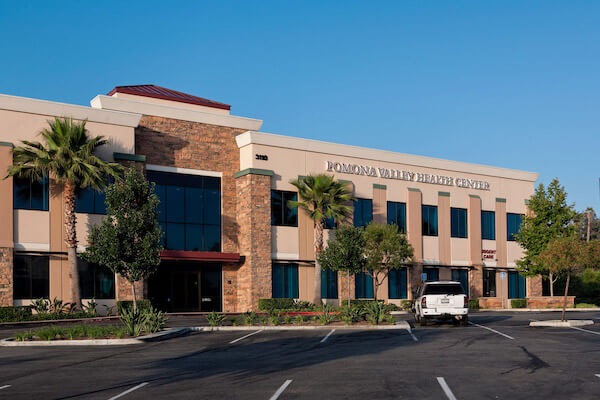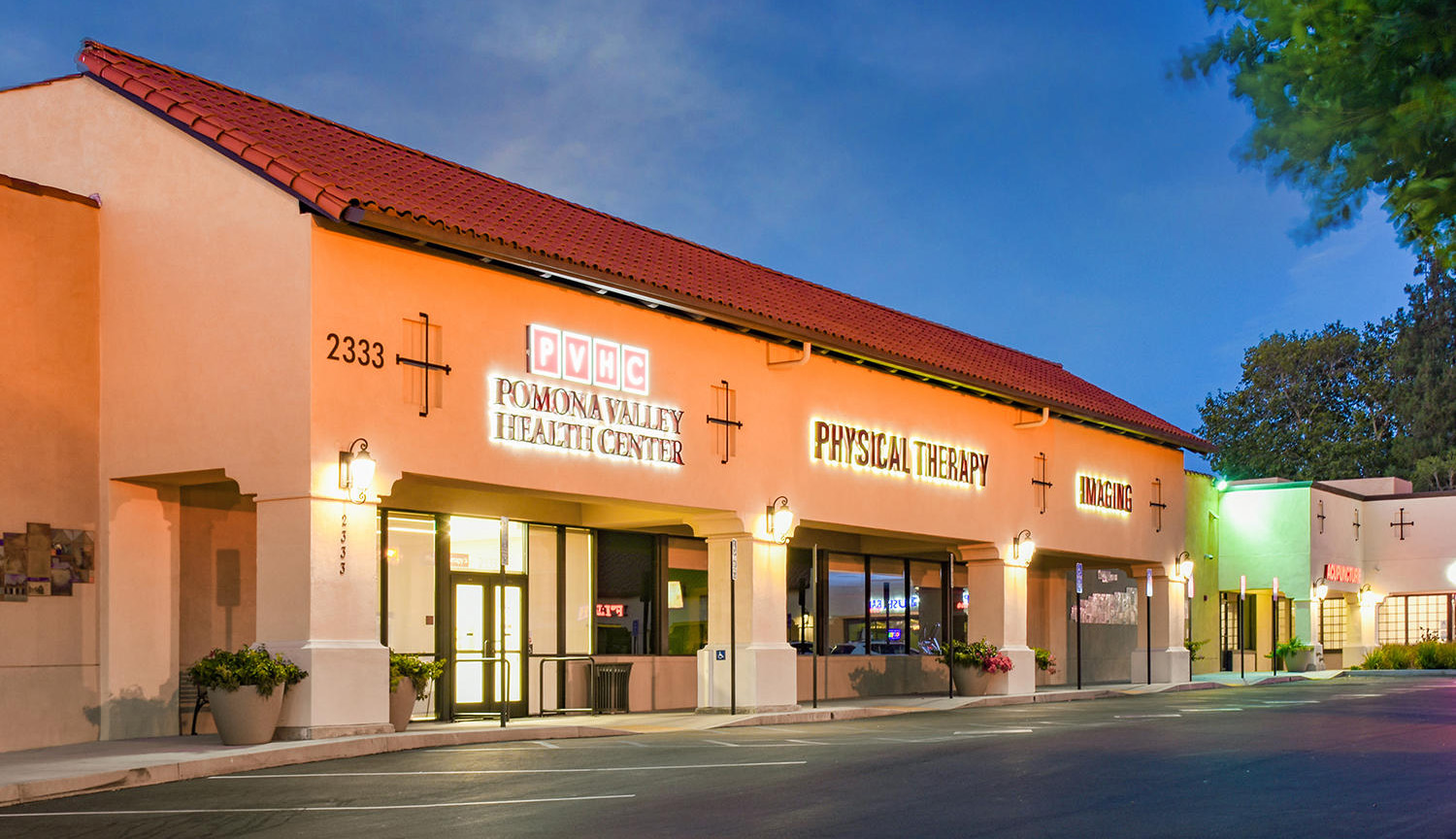
This article has been medically reviewed and approved by Dr. Elsharkawy.
When you have a child, even before they’re born, you are faced with a slew of questions as parents. If your child has been diagnosed with hypotonia, that list is just a little bit longer.
Hypotonia is a childhood development condition that is most often detected at birth. Lacking muscle tone can cause significant changes to how they develop, grow and function through all stages of their life.
Although muscles are often associated with strength, a hypotonia diagnosis does not necessarily mean your child is weak, but rather that your child’s muscles are not fully or adequately developed.
If you suspect that your child may have hypotonia or they’ve recently been diagnosed with this condition, we encourage you to avoid the “wait and see” approach when it comes to developing and, instead, urge you to bring your child in for further diagnosis and development to get to the bottom of their unique health history.
Let’s dive into understanding hypotonia in more detail.
Hypotonia is a term that describes decreased muscle tone. It can be a condition all on its own, more formally known as benign congenital hypotonia, or related to other muscle degeneration issues such as cerebral palsy or muscular dystrophy.
Hypotonia is most often detected in infancy, during the first few minutes following birth. Muscle tone checks are performed 1 minute and 5 minutes after birth, as poor muscle tone can signal issues with the brain, spinal cord, nerves or muscles.
In less severe cases, hypotonia can be detected later on, but usually no later than 6 months.
Hypotonia is sometimes referred to more informally as “floppy baby syndrome.”
There is no cure for hypotonia, but with proper diagnosis and treatment, your pediatrician can provide a level of health stability for your child.
Adequate muscle tone is imperative to sound development in infants and children, as it allows them to properly move their limbs as they reach milestones. Infants with hypotonia won’t have strong arm or leg movements.
Other symptoms of hypotonia include
In rarer cases, children may experience issues with sucking and swallowing.
Because the signs and symptoms of hypotonia represent other conditions, a proper diagnosis is key to providing the most advanced treatment.
Hypotonia can be caused by many conditions, most commonly:
It can also be a stand-alone disease with no other known conditional links.
Hypotonia treatment is tailored to your child’s unique health and wellness needs. During the initial consultation, their pediatrician will perform a physical examination and a thorough evaluation of your child’s health and family history.
Other focus areas may include a review of:
Based on their findings, along with other related health conditions, treatment could include:
In some cases, children require a feeding tube to ensure they are receiving adequate nutrition.
Whether you’re an expectant mother on your first or last pregnancy or simply curious about childhood development issues, our team at PVHC is here to help you understand all conditions that could affect your baby through all stages of their growth and development, including hypotonia.
Visit us today to get the help you need to diagnose and manage hypotonia effectively.




